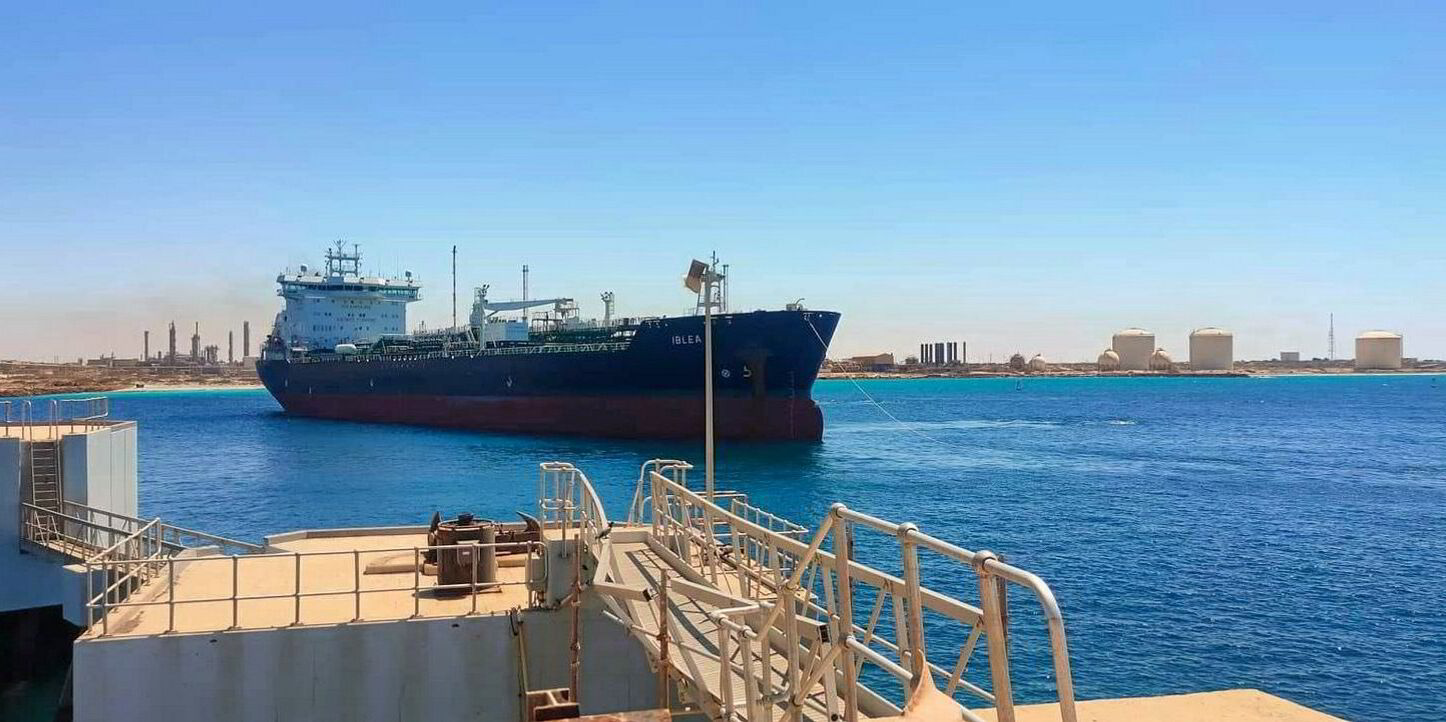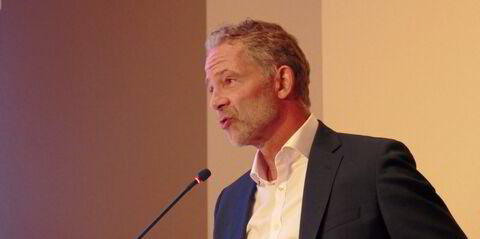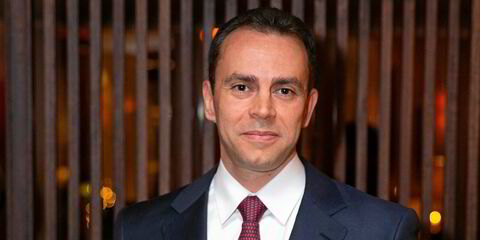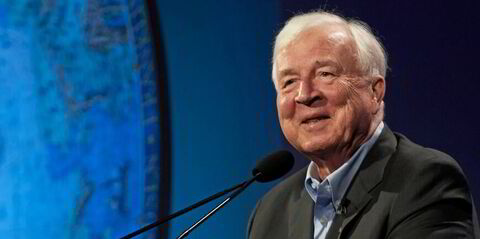Aframax owners have begun feeling the impact of Libya’s decision to shut down oil production and exports this week, says Braemar.
The country’s eastern government announced the move on Monday, citing “force majeure” due to rising tensions with the rival Tripoli-based government.
“The loss of Libyan cargoes is already negatively impacting aframax freight rates, off another $1,200 per day Wednesday for cross-Mediterranean voyages,” said Braemar.
“Aframax rates out of the Mediterranean have softened, with the MED/Singapore route trading at $3.6m, down from $4.1m.
“Aframaxes that were originally loading Libyan crude will likely find alternative employment in other Mediterranean ports or the Black Sea.”
Libya’s seaborne exports amounted to 1.02m barrels per day in July, mostly to the Mediterranean and north-western Europe.
They move predominantly on aframaxes, making up one-quarter of all Mediterranean aframax liftings, or roughly 45 per month.
Braemar said Libya’s largest export terminal, Es Sider, began cutting oil shipments on Tuesday. Waha Oil Co, which supplies Es Sider, is expected to gradually reduce exports.
Braemar said Sirte Oil Co also announced plans to reduce output, while other ports, such as Mellitah, remained active with vessels fixed “on subs” on Wednesday.
On Thursday, Libya suspended oil exports from five eastern ports that have a combined capacity of around 800,000 bpd, according to unnamed sources quoted by Bloomberg.
The eastern-based government ordered the halt of oil-loading operations at the ports of Brega, Es Sider, Ras Lanuf, Zueitina and Hariga, according to people familiar with the matter, the news agency said.
Braemar said it is unclear how long the Libyan crude outage will last. Previous production restrictions have lasted from a few months to the five-year period between 2013 and 2017.
The rival administrations’ power struggle over the Central Bank and control of the nation’s oil wealth has led to a rise in Brent futures, pushing them above $80 per barrel on Thursday.
Braemar said the division between Libya’s east and west, despite a 2020 United Nations-brokered ceasefire, causes recurring conflicts over oil revenues.
“The latest conflict centres around the leadership of the Central Bank,” the broker said.
“The internationally recognised government in the west seeks to replace Governor Sadiq Al-Kabir, who is supported by the eastern legislature and has refused to step down.
“This power struggle has deepened political divisions and threatens the fragile UN-backed peace deal.”
Over the past two months, tensions have escalated, and the situation is deteriorating rapidly, according to UN reports.
Since the 2011 overthrow of Muammar Gaddafi, Libya has been plagued by unrest, with competing governments undermining economic recovery efforts.





